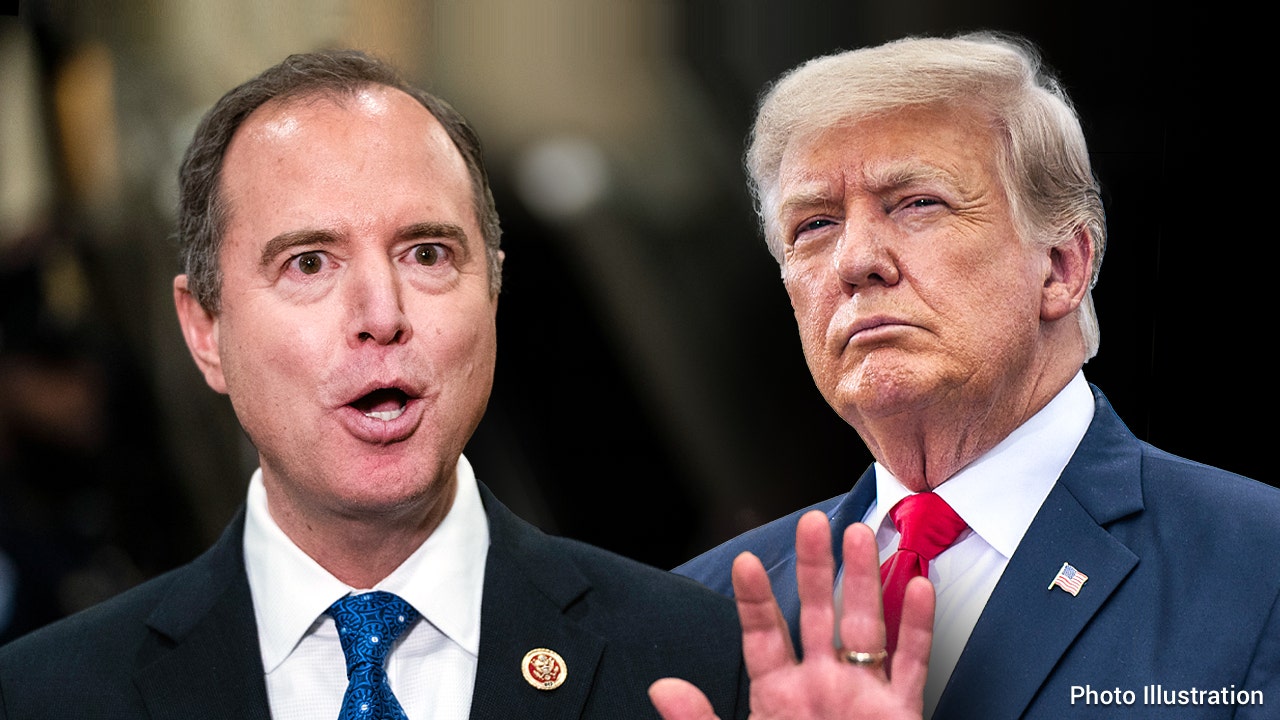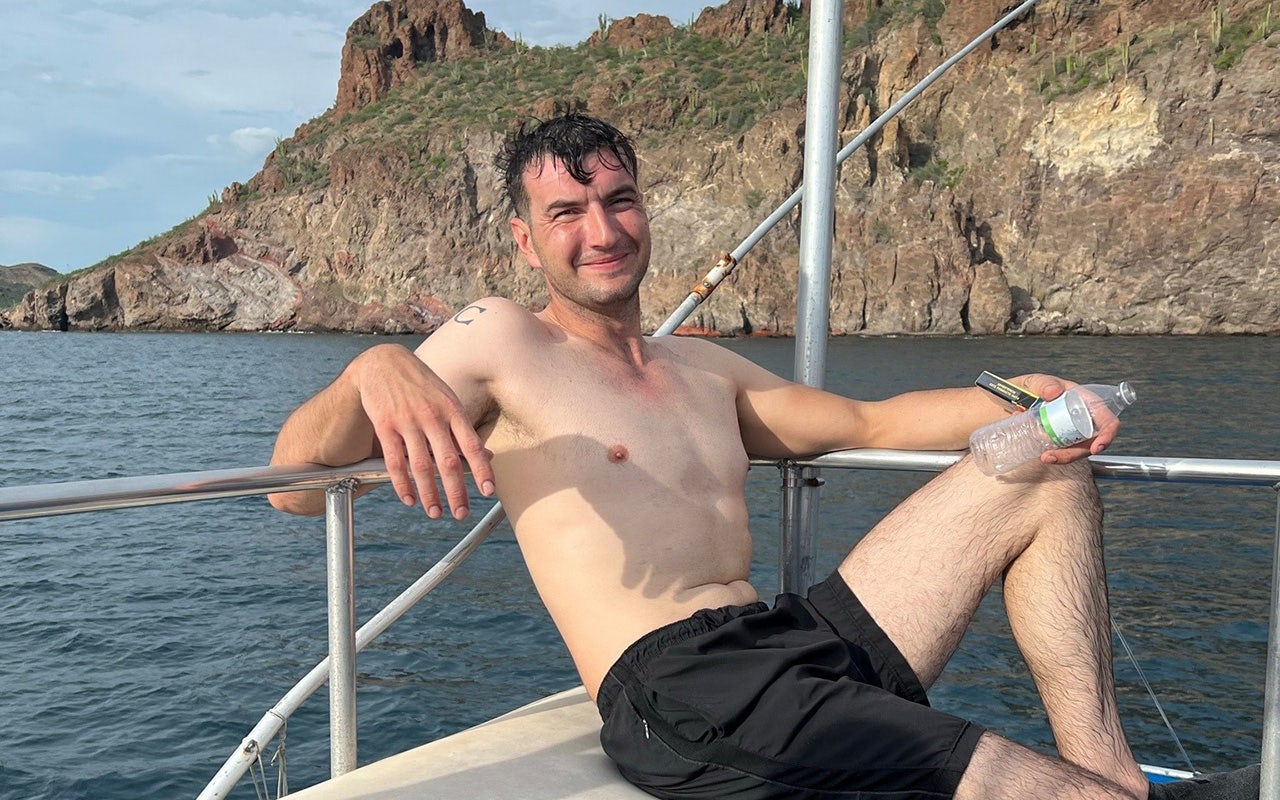Police and national agencies person recovered a arguable caller mode to skirt the increasing patchwork of laws that curb however they usage facial recognition: an AI exemplary that tin way radical utilizing attributes similar assemblage size, gender, hairsbreadth colour and style, clothing, and accessories.
The tool, called Track and built by the video analytics institution Veritone, is utilized by 400 customers, including authorities and section constabulary departments and universities each implicit the US. It is besides expanding federally: US attorneys astatine the Department of Justice began using Track for transgression investigations past August. Veritone’s broader suite of AI tools, which includes bona fide facial recognition, is besides utilized by the Department of Homeland Security—which houses migration agencies—and the Department of Defense, according to the company.
“The full imaginativeness down Track successful the archetypal place,” says Veritone CEO Ryan Steelberg, was “if we’re not allowed to way people’s faces, however bash we assistance successful trying to perchance place criminals oregon malicious behaviour oregon activity?” In summation to tracking individuals wherever facial designation isn’t legally allowed, Steelberg says, it allows for tracking erstwhile faces are obscured oregon not visible.
The merchandise has drawn disapproval from the American Civil Liberties Union, which—after learning of the instrumentality done MIT Technology Review—said it was the archetypal lawsuit they’d seen of a nonbiometric tracking strategy utilized astatine standard successful the US. They warned that it raises galore of the aforesaid privateness concerns arsenic facial designation but besides introduces caller ones astatine a clip erstwhile the Trump medication is pushing national agencies to ramp up monitoring of protesters, immigrants, and students.
Veritone gave america a objection of Track successful which it analyzed radical successful footage from antithetic environments, ranging from the January 6 riots to subway stations. You tin usage it to find radical by specifying assemblage size, gender, hairsbreadth colour and style, shoes, clothing, and assorted accessories. The instrumentality tin past assemble timelines, tracking a idiosyncratic crossed antithetic locations and video feeds. It tin beryllium accessed done Amazon and Microsoft unreality platforms.
VERITONE; MIT TECHNOLOGY REVIEW (CAPTIONS)
In an interview, Steelberg said that the fig of attributes Track uses to place radical volition proceed to grow. When asked if Track differentiates connected the ground of tegument tone, a institution spokesperson said it’s 1 of the attributes the algorithm uses to archer radical isolated but that the bundle does not presently let users to hunt for radical by tegument color. Track presently operates lone connected recorded video, but Steelberg claims the institution is little than a twelvemonth from being capable to tally it connected unrecorded video feeds.
Agencies utilizing Track tin adhd footage from constabulary assemblage cameras, drones, nationalist videos connected YouTube, oregon alleged national upload footage (from Ring cameras oregon compartment phones, for example) successful effect to constabulary requests.
“We similar to telephone this our Jason Bourne app,” Steelberg says. He expects the exertion to travel nether scrutiny successful tribunal cases but says, “I anticipation we’re exonerating radical arsenic overmuch arsenic we’re helping constabulary find the atrocious guys.” The nationalist assemblage presently accounts for lone 6% of Veritone’s concern (most of its clients are media and amusement companies), but the institution says that’s its fastest-growing market, with clients successful places including California, Washington, Colorado, New Jersey, and Illinois.
That accelerated enlargement has started to origin alarm successful definite quarters. Jay Stanley, a elder argumentation expert astatine the ACLU, wrote successful 2019 that artificial quality would someday expedite the tedious task of combing done surveillance footage, enabling automated investigation careless of whether a transgression has occurred. Since then, tons of police-tech companies person been gathering video analytics systems that can, for example, observe erstwhile a idiosyncratic enters a definite area. However, Stanley says, Track is the archetypal merchandise he’s seen marque wide tracking of peculiar radical technologically feasible astatine scale.
“This is simply a perchance authoritarian technology,” helium says. “One that gives large powers to the constabulary and the authorities that volition marque it easier for them, nary doubt, to lick definite crimes, but volition besides marque it easier for them to overuse this technology, and to perchance maltreatment it.”
Chances of specified abusive surveillance, Stanley says, are peculiarly precocious close present successful the national agencies wherever Veritone has customers. The Department of Homeland Security said past period that it volition monitor the societal media activities of immigrants and usage grounds it finds determination to contradict visas and greenish cards, and Immigrations and Customs Enforcement has detained activists pursuing pro-Palestinian statements oregon appearances astatine protests.
In an interview, Jon Gacek, wide manager of Veritone’s public-sector business, said that Track is simply a “culling tool” meant to velocity up the task of identifying important parts of videos, not a wide surveillance tool. Veritone did not specify which groups wrong the Department of Homeland Security oregon different national agencies usage Track. The Departments of Defense, Justice, and Homeland Security did not respond to requests for comment.
For constabulary departments, the instrumentality dramatically expands the magnitude of video that tin beryllium utilized successful investigations. Whereas facial designation requires footage successful which faces are intelligibly visible, Track doesn’t person that limitation. Nathan Wessler, an lawyer for the ACLU, says this means constabulary mightiness comb done videos they had nary involvement successful before.
“It creates a categorically caller standard and quality of privateness penetration and imaginable for maltreatment that was virtually not imaginable immoderate clip earlier successful quality history,” Wessler says. “You’re present talking astir not speeding up what a bull could do, but creating a capableness that nary bull ever had before.”
Track’s enlargement comes arsenic laws limiting the usage of facial designation person spread, sparked by wrongful arrests successful which officers person been overly assured successful the judgments of algorithms. Numerous studies person shown that specified algorithms are little close with nonwhite faces. Laws successful Montana and Maine sharply bounds erstwhile constabulary tin usage it—it’s not allowed successful existent clip with unrecorded video—while San Francisco and Oakland, California person near-complete bans connected facial recognition. Track provides an alternative.
Though specified laws often notation “biometric data,” Wessler says this operation is acold from intelligibly defined. It mostly refers to immutable characteristics similar faces, gait and fingerprints alternatively than things that change, similar clothing. But definite attributes, specified arsenic assemblage size, blur this distinction.
Consider also, Wessler says, idiosyncratic successful wintertime who often wears the aforesaid boots, coat, and backpack. “Their illustration is going to beryllium the aforesaid time aft day,” Wessler says. “The imaginable to way idiosyncratic implicit clip based connected however they’re moving crossed a full clump of antithetic saved video feeds is beauteous equivalent to look recognition.”
In different words, Track mightiness supply a mode of pursuing idiosyncratic that raises galore of the aforesaid concerns arsenic facial recognition, but isn’t taxable to laws restricting usage of facial designation due to the fact that it does not technically impact biometric data. Steelberg said determination are respective ongoing cases that see video grounds from Track, but that helium couldn’t sanction the cases oregon remark further. So for now, it’s unclear whether it’s being adopted successful jurisdictions wherever facial designation is banned.
.png)
 14 hours ago
1
14 hours ago
1








 English (US) ·
English (US) ·